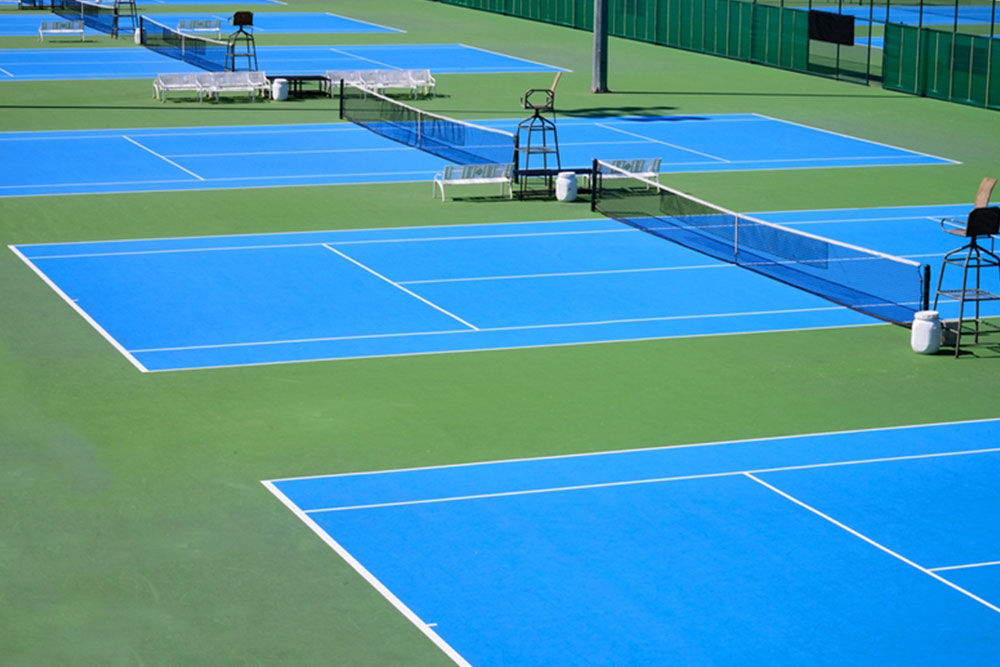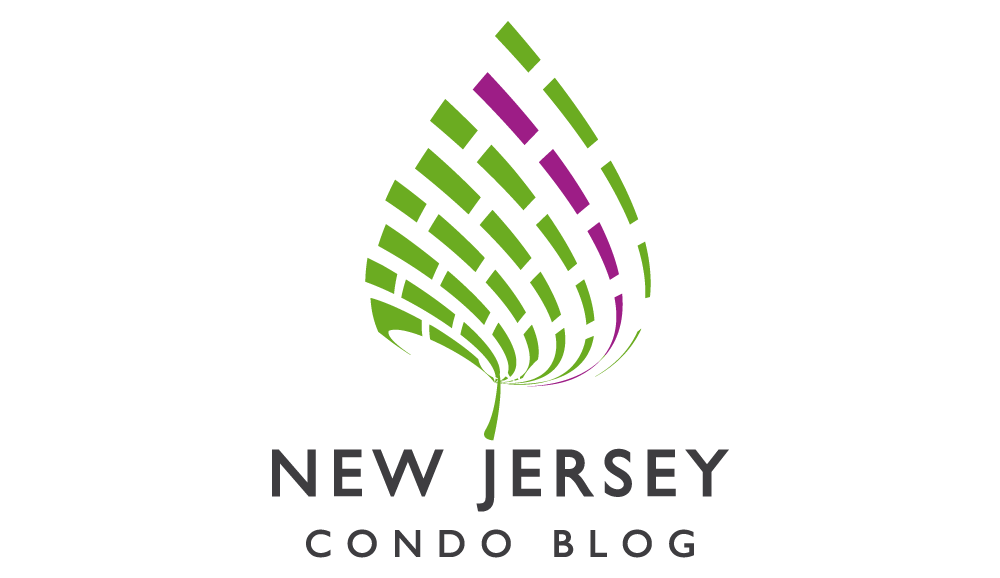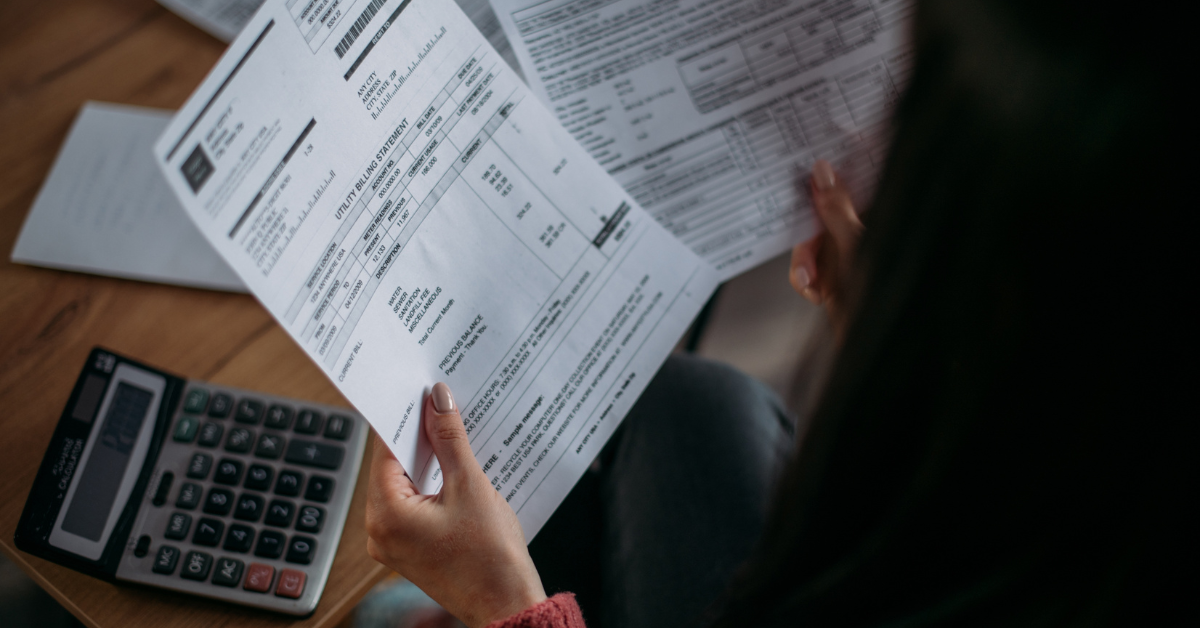
Tennis Courts – Executive Order 147
On May 18 Governor Murphy’s Executive Order #147 (“EO”) was published. The order, among other matters, permits the opening of private “tennis clubs” subject to compliance with various regulations. Our Community Association Practice Group has reviewed these regulations and it is our opinion that association boards need to take the following into consideration before opening the community’s tennis courts:
1. Insurance coverage issues: As with all issues related to the coronavirus and possible claims related to the contraction of COVID-19, it is likely that the association’s insurance policy excludes claims related to viruses and, as such, if a claim were brought, the association would be compelled to respond to a complaint out of its own funds. While the likelihood of any such claim may be reasonably small, the cost of simply defending a COVID-19 claim could be very expensive. And, if a judgment were obtained the homeowners in the community would be responsible for paying the cost of any judgment, settlement, and costs of suit. We encourage the board to discuss with the association’s insurance agent if, and in what circumstances, coverage may be provided.
2. Authority to Open: The EO specifically authorizes “tennis clubs” to open to the public or their members. We interpret this to include tennis courts within community associations, but subject to the conditions imposed on “tennis clubs.”
3. Requiring Reservations: The conditions contained in the EO require that reservations for court time be taken “to limit physical interactions.” This further requires that the reservations be able to be made by “electronic or telephone systems.” For most associations this would apparently require management or someone else designated by the board to maintain a calendar for each court with reserved times shown for residents requesting the ability to play. The use of a reservation system will make it less likely that people may gather outside of the tennis courts unannounced and failing to maintain social distancing while awaiting an opportunity to play.
4. Limitation on Number of People: No more than ten people may be on the cumulative number of courts that the association has. Obviously, the person taking reservations must determine whether the court is being reserved for doubles or singles play and must ensure that the courts are not reserved for more than ten players at any time. Doubles play involves four players. Hence, two courts with doubles players means a third court could not be occupied for doubles. Some facilities have taken this a step further to ensure distancing by requiring that all courts are for singles play only, unless the participants in a doubles match are from the same household, since the players on a doubles team will inevitably come into close proximity with each other during play.
5. Providing of Sanitization Materials: The EO specifically requires that hand sanitizer or hand wipes be “provided.” This may pose a significant impediment to many associations since these materials are in short supply. Further, there may be a concern that these materials may be stolen if left in an unsupervised area. Unfortunately, because the conditions in the EO appear to have been written specifically for “tennis clubs” and associations that wish to open their courts must rely on this exception, there is no alternative but to meet the requirement to make hand sanitizer or wipes available.
6. Sanitations of High Touch Areas: A further condition of the EO is, at a minimum, “routine cleaning and disinfection of high-touch areas.” While, in connection with tennis, the high-touch areas may be limited (i.e. the gate to gain access to the courts) the association is charged with the responsibility to undertake this work in accordance with NJ Department of Health and CDC guidelines. It is further required that “employees be trained and equipped to perform [these] protocols.” Although some associations may not have employees available to do this work or have outsourced their employees to a third party, it is our opinion that the association must retain either an employee or a third party who is trained in carrying out the cleaning and sanitation protocols as required by the NJ DOH and CDC.
7. Policy Regarding Hand Washing, etc.: The conditions of the EO require “infection control practices, such as regular hand washing, coughing and sneezing etiquette, and proper use and proper tissue use and disposal.” We suggest that signage be provided at the courts setting forth these infection control practices.
8. Benches on or Adjacent to Courts: Although the EO does not specifically mention benches that may be on or adjacent to tennis courts, it is recommended that the benches be removed or that signage be placed indicating that the benches are not available for use. If this is not done, benches become a high-tough area that require regular cleaning and sanitation.
9. Bathrooms: While the conditions of the EO do not require restrooms to be available to players, if the association were to make restrooms available, it is required that the association limit the occupancy of the restroom to maintain social distancing and, “where practicable,” have attendants monitor capacity. It is recognized that in most instances it would not be practicable for associations to have restroom monitors.
10. Good Practices: We recommend that readily visible signage be placed at the courts advising that play is permitted only for players with reservations who have registered their names with the association prior to play and that in no instance may the combination of all players on all courts be more than ten, and that non-players or non-registered players are not allowed on or within the courts or court areas.
11. Adoption of Policies: The conditions require that those operating tennis courts “adopt policies that include [the above requirements].” We are prepared, upon your request, to draft a resolution incorporating these policies for adoption by the board, including the language for an appropriate sign.
FAQS
Q. Our tennis courts are multipurpose and have lines for tennis and pickleball as well as a basketball hoop at one end. Does the EO allow use of the courts for these purposes?
A. Pickleball, being a racquet sport, would appear to be permissible under the EO, but subject to all of the conditions set forth above. Basketball is not permitted.
Q. Can we put the requirement for providing hand sanitizer and hand wipes on the players since we don’t have access to these materials or believe they will be taken if placed on or near the courts?
A. No, the conditions require that the association provide the sanitizer and hand wipes and that an employee be trained and undertake the cleaning and sanitation of high-tough surfaces.
Q. Should we obtain waivers from all players?
A. If the board determines to open the courts, it is prudent to obtain waivers of liability from all players. However, such waivers are unlikely to relieve the association from compliance with the obligations stated above.
Q. Can we post signs stating “Play at Your Own Risk” to lessen our liability?
A. While there is no downside to posting such signs, they do not absolve an association of liability, even though they may help in the event of a lawsuit.
Q. We are not a tennis club, so can we ignore the requirements of the EO that appear to be particularly relevant to tennis clubs?
A. No. Only tennis clubs are authorized to open. Hence, if the association wishes to take advantage of the governor’s order to open its courts, it must comply with the requirements of the order applicable to tennis clubs.
Clearly, the EO contains many requirements related to the opening of tennis courts that our clients may find burdensome. However, the governor’s executive orders carry the force of law and the conditions are stated as minimum standards. Failure to comply with these standards will likely be considered “negligence.” Hence, any deviation from them raises the level of risk that an association is subject to if a COVID-19 claim were filed against it. We believe that the lack of insurance coverage for most, if not all, associations suggests that boards should seriously weight the benefits versus the burdens involved in opening courts and should only undertake to open the courts if it believes it can reasonably comply with the burdens imposed.
If you have any questions about this or any other community association matter, please feel free to contact any of the attorney’s in our New Jersey Community Association Practice Group.






